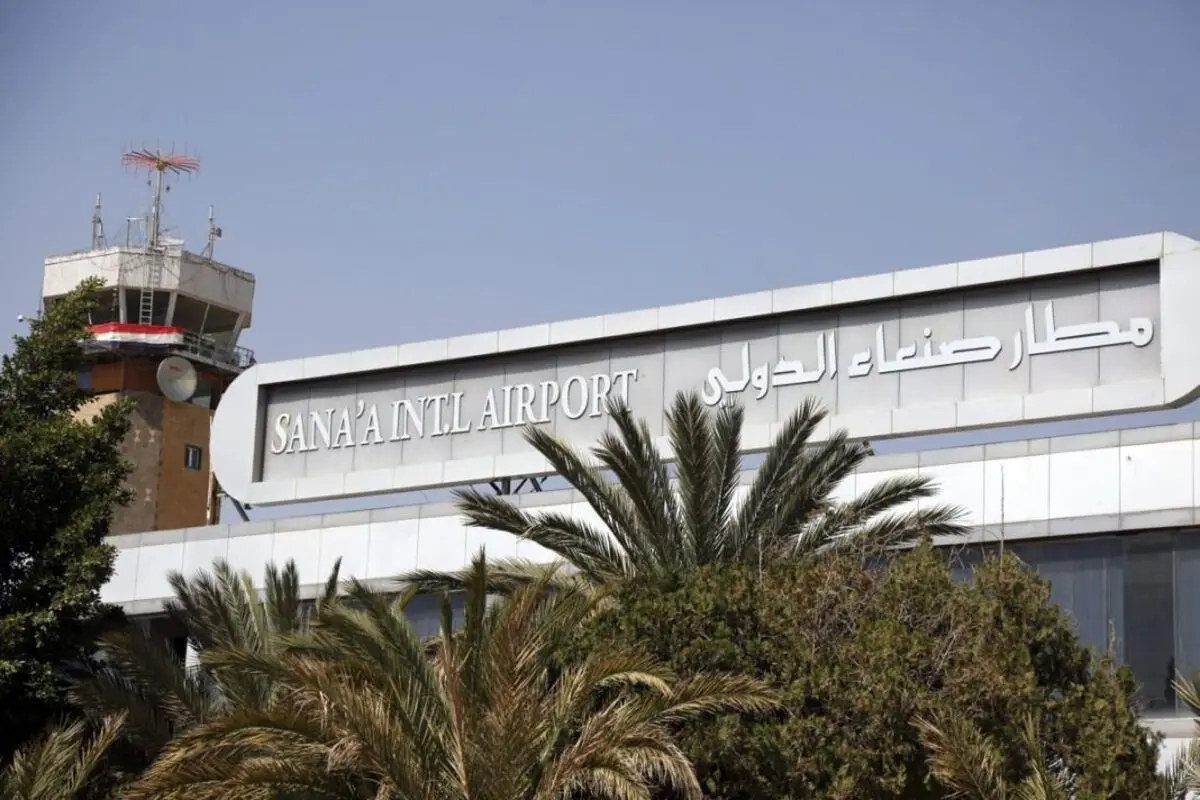Saudi Arabia refuses to issue permit for Yemen flight

The first commercial flight from Yemen’s capital Sana’a in six years, which was supposed to take passengers needing medical care, has been indefinitely postponed. Saudi Arabia has refused to issue the necessary permit in violation of the terms of a two-month truce.
Sana’a International Airport was due to receive the commercial aircraft on Sunday morning, rekindling hopes that the war-torn country could resume some normal operations.
The plane operated by national carrier Yemenia was due to take passengers in need of medical treatment from Sana’a to Jordan’s capital city of Amman as part of the UN-brokered ceasefire that went into effect earlier this year.
But hours before the flight, the airline said on its Facebook page that “it has not yet received operating permits” and expressed “deep regret to the travelers for not being allowed to operate” the long-awaited flight.
It added that it hopes “all problems will be overcome in the near future”, without specifying a date for the route to operate.
One of the passengers told the AFP news agency that he had received a call from the airline asking him not to go to the airport.
A manager at the company also stated that “the needed permission from the coalition didn’t arrive.”
There was no immediate reaction from the Saudi-led military coalition that controls Yemen’s airspace.
The United Nations had on Thursday welcomed the first commercial flight out of Sana’a.
“The UN thanks the Hashemite Kingdom of Jordan for its support in bringing about this achievement …,” Stephane Dujarric, the chief spokesman for UN Secretary-General Antonio Guterres, said.
The world body counts on all parties involved to ensure a successful flight, Dujarric added.
The spokesman also expressed hope that parties to the accord will continue facilitating the flights as terms of the truce agreement.
“[The UN special envoy for Yemen] Hans Grundberg is working with the parties to ensure the successful implementation of the truce, including making progress towards opening roads in Ta’izz and other governorates to facilitate Yemenis’ freedom of movement within their country,” Dujarric noted.
Saudi Arabia launched the devastating war against Yemen in March 2015 in collaboration with a number of its allies and with arms and logistics support from the US and several Western states.
The objective was to bring back to power the Riyadh-friendly regime of Abd Rabbuh Mansur Hadi and crush the Ansarullah resistance movement, which has been running state affairs in the absence of an effective government in Yemen.
The war has stopped well short of all of its goals, despite killing hundreds of thousands of Yemenis and turning the entire country into the scene of the world’s worst humanitarian crisis.
